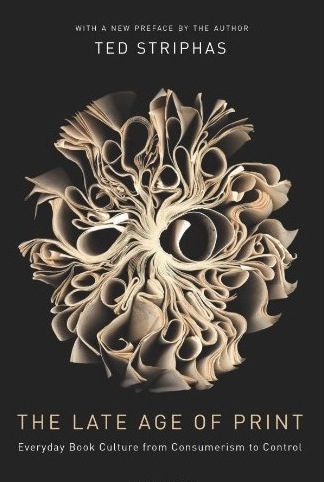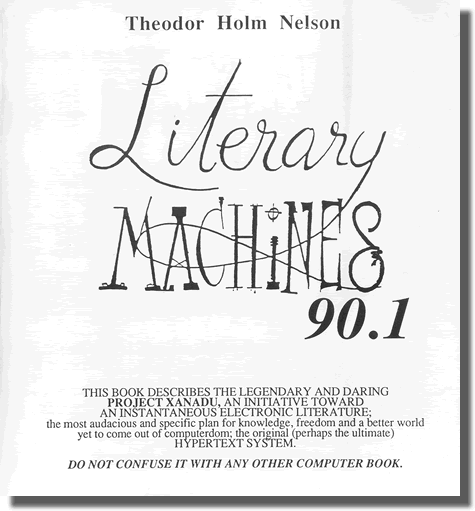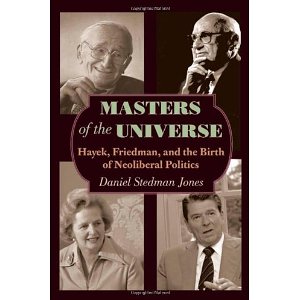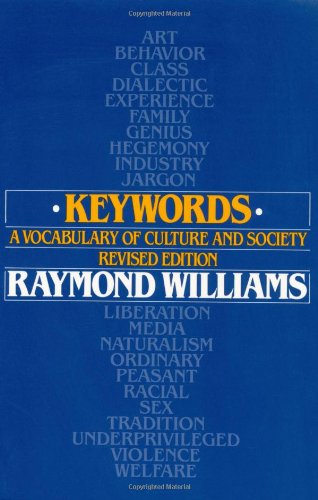
“Academic Spring” protest image. Elsevier tree, bared
Part 1: Background
or jump to Part 2: The Conversation
It’s been a revolutionary year in the academic world. In the UK, key fronts were the “Academic Spring” revolt against commercial subscription publishers, the Finch Report establishing UK government policy in support of Open Access publishing (free for all to access and use), and the Research Excellence Framework establishing social-impact based evaluation and funding for research.
Beyond just the UK, the “altmetrics” movement is championing broader measures of scholarly impact, dovetailing with both Open Access and REF, and the dramatic, Silicon Valley-led expansion of MOOC online learning models became a defining issue, almost obsession, in education. Internet oracle Clay Shirky sounded the death knell for higher-ed status quo, invoking the ghosts of industries lost:“Our MP3 is the MOOC, and our Napster is Udacity.” (translation: Look on your works, ye mighty, and despair.).
A current focal point in this fraught situation, is the question of how Open Access (OA) might work in the humanities and social sciences (“HSS”). That is, as opposed to, in the STEM fields (Scientific, Technical, Engineering, & Math) with which OA is now more pervasive, and for which funding models are better established.
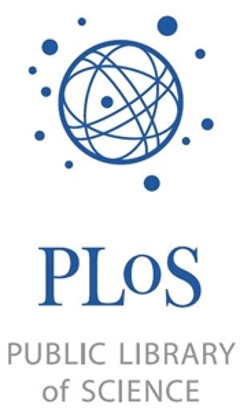
Public Library of Science
Recent conversations on Twitter have explored the concept of a “Public Library of Humanities (PLOH)”, or Public Library of Humanities and Social Science (PLOHSS). Meaning, some new Open Access platform and/or organization for HSS analogous to the Public Library of Science, a non-profit launched in 2001 that has been a transformative innovator and now the highest-volume publisher of science research. While “PLOH” is basically a metaphor, for what could be various and multiple projects, it seems the concept resonates with many people in scholarly communication right now. There is a sense that some type of HSS “Great Leap Forward” may be possible now, given the gathering Open Access and REF mandates, the diffusion of better publishing tools and cloud computing, and the rise of altmetrics and social impact measurement.
Continue reading →
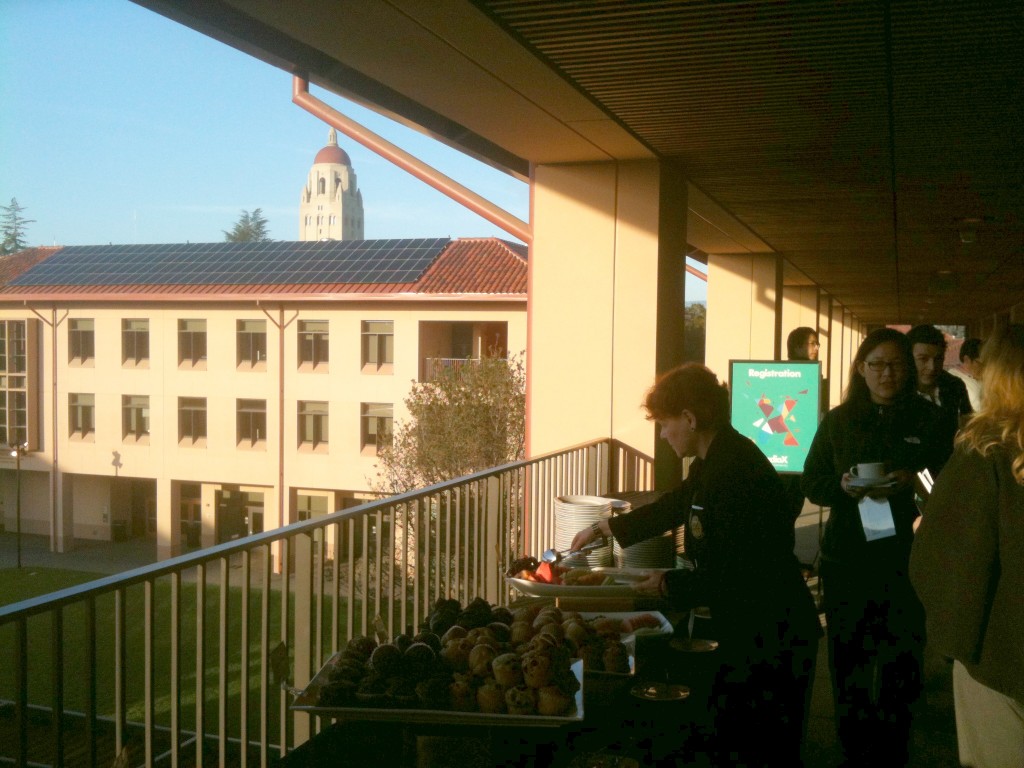 mediaX is the industry-affiliate program for Stanford H-STAR, the Human-Sciences and Technologies Advanced Research Institute,
mediaX is the industry-affiliate program for Stanford H-STAR, the Human-Sciences and Technologies Advanced Research Institute,
